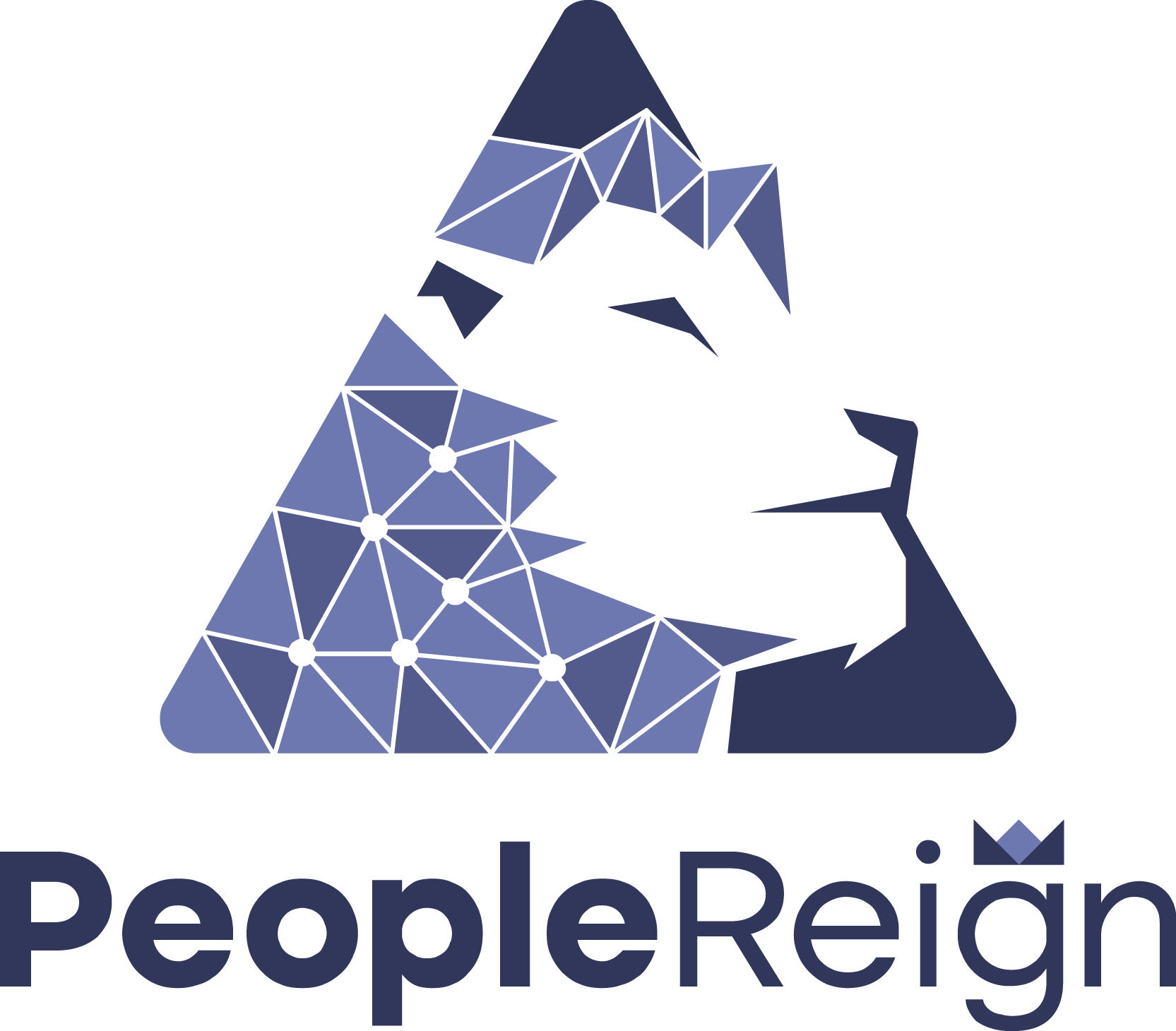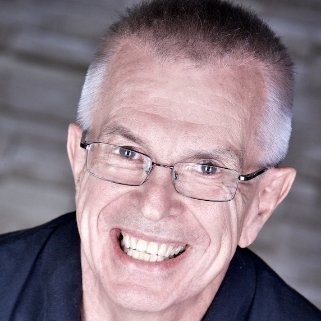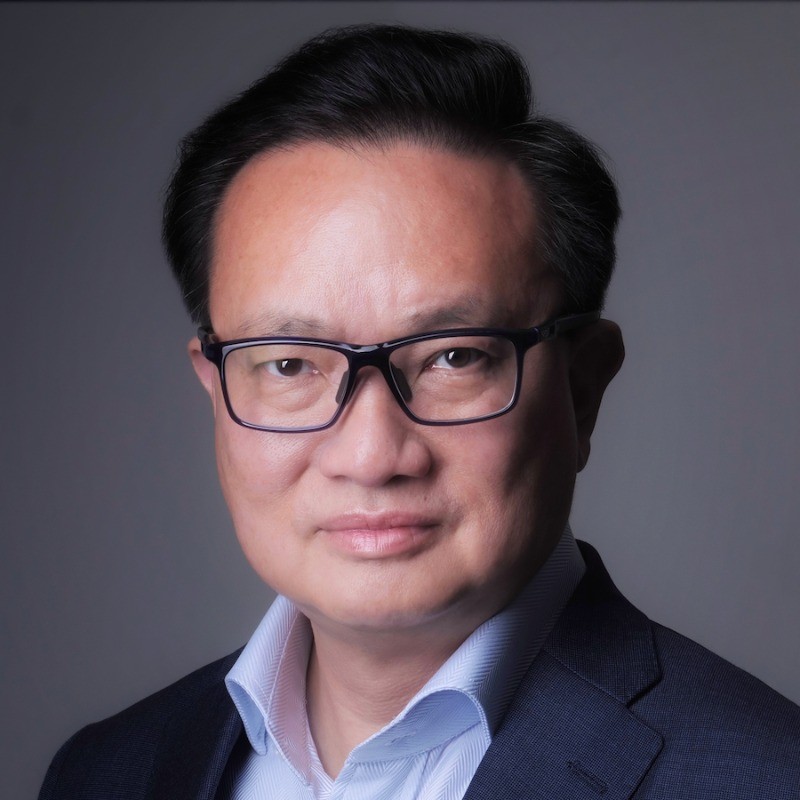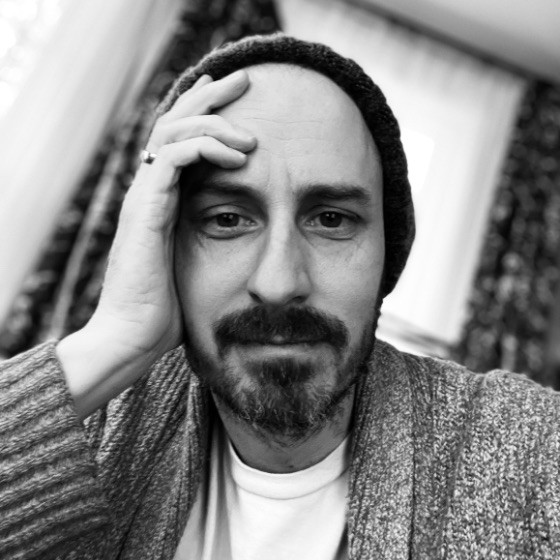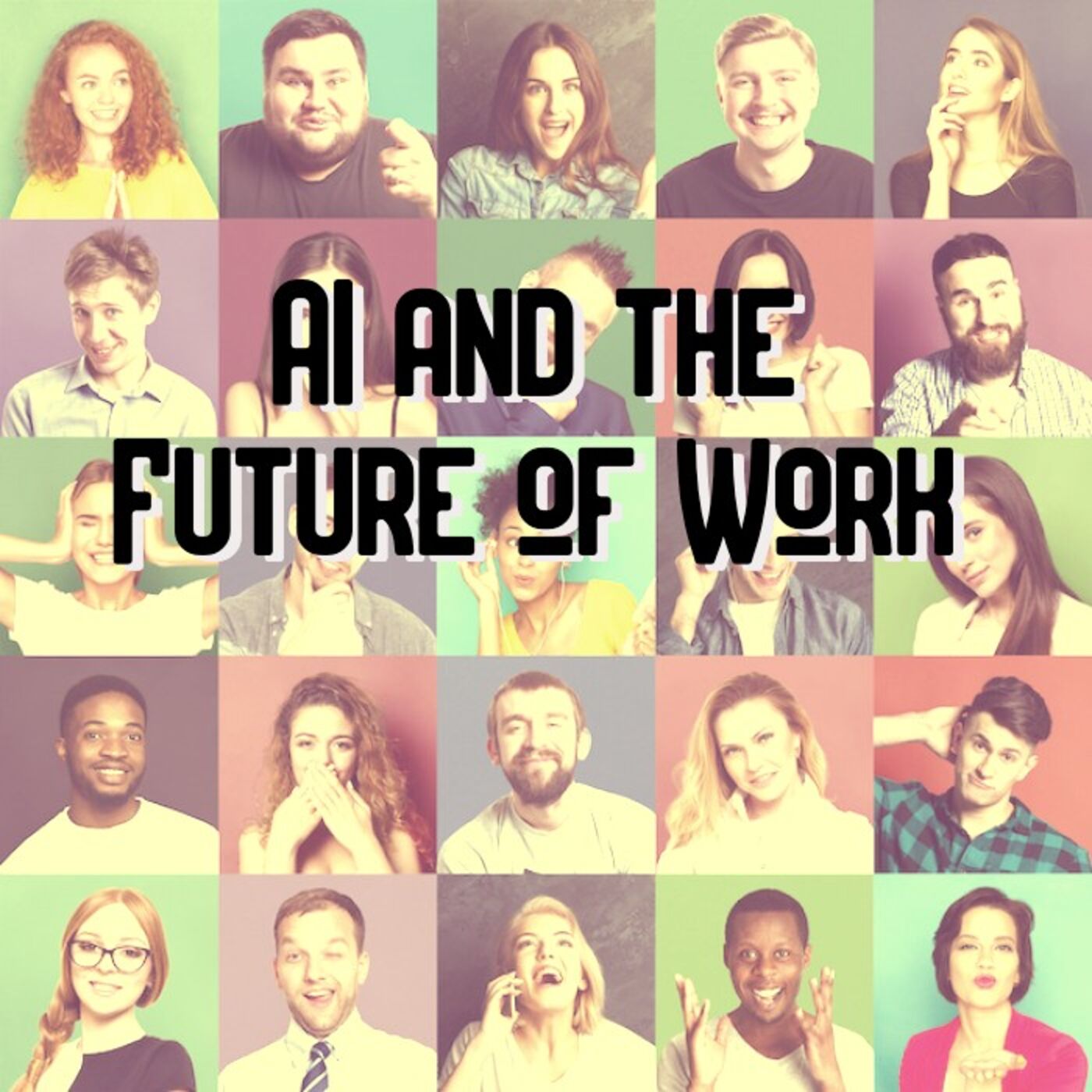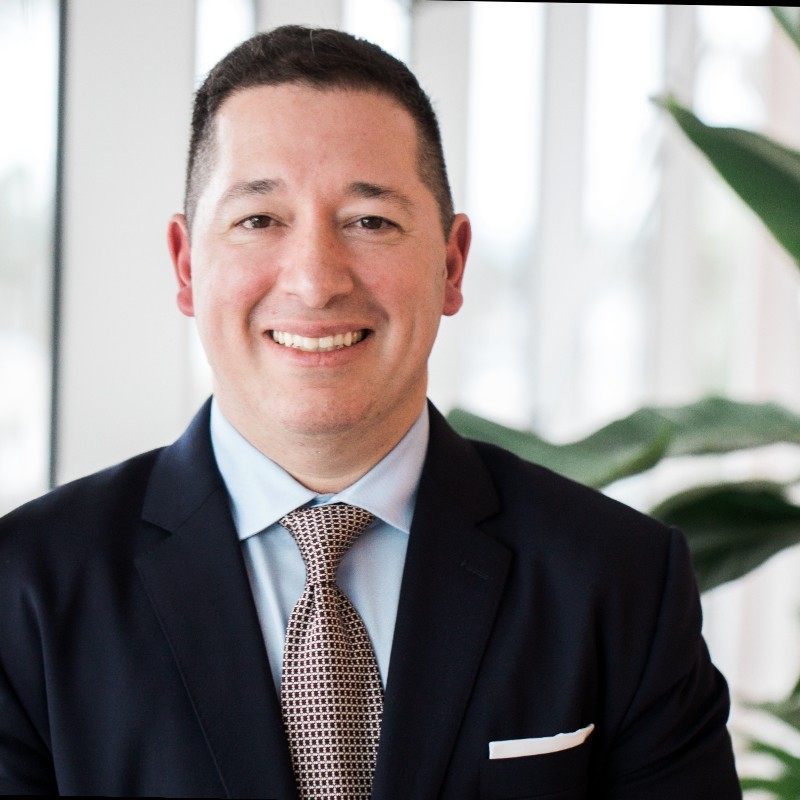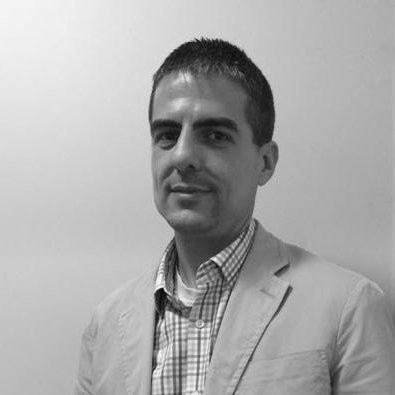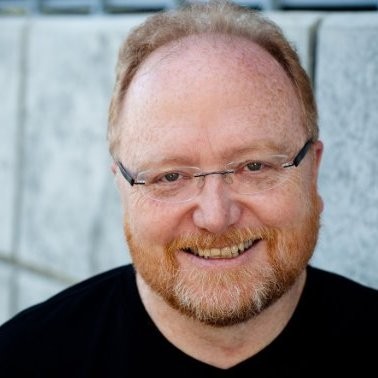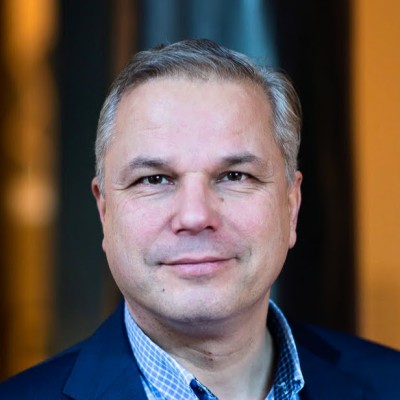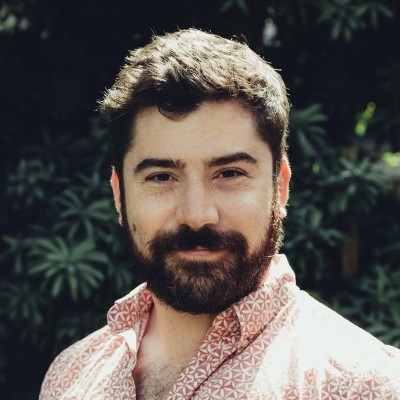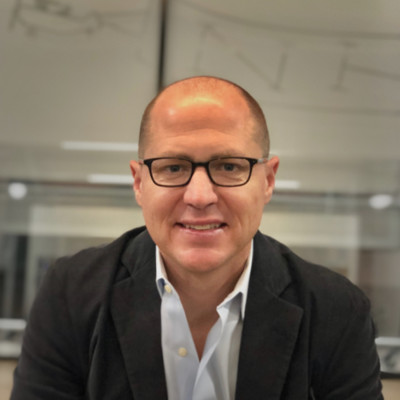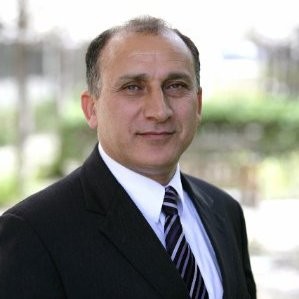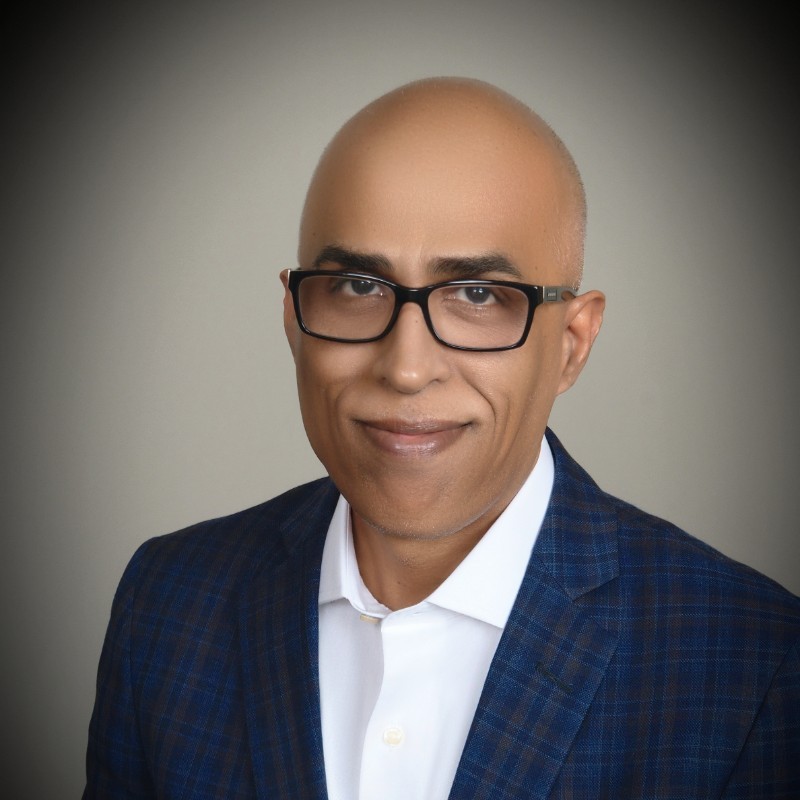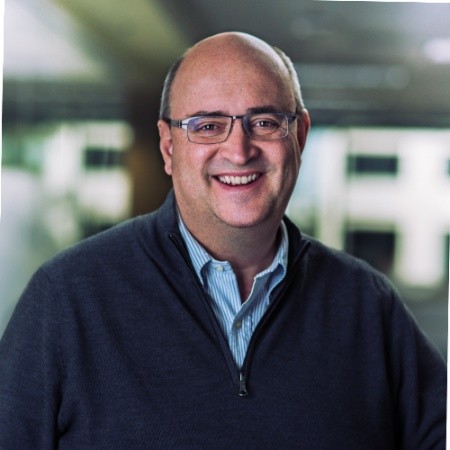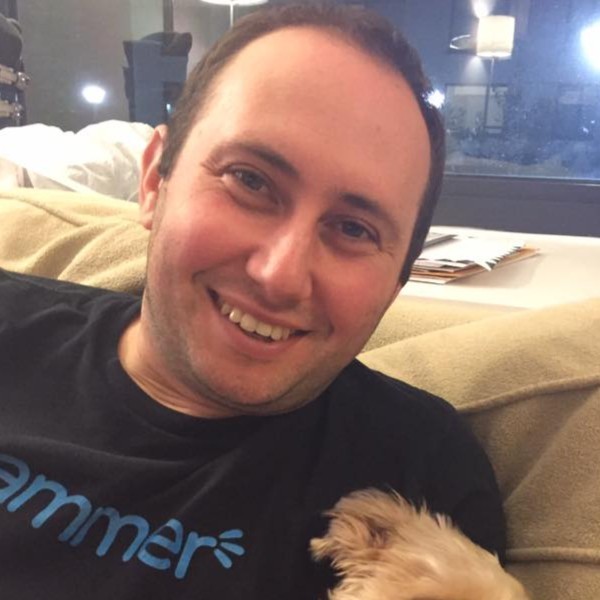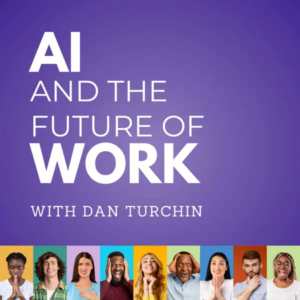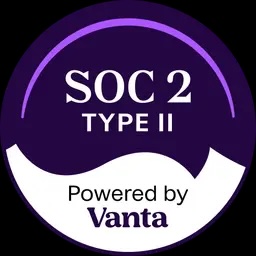AI and the Future of Work
-

Episode Number : 114
Phil Johnson , founder and CEO of Master of Business Leadership (MBL) and veteran tech exec, overcame adversity as a kid when he was diagnosed with dyslexia. Phil taught himself to learn differently. He has helped organizations generate more than $1.5B by teaching leaders how to improve their emotional intelligence.
Show moreShow lessListen and learn…
- Why emotional intelligence is the most important skill for leaders.
- Why Phil says leaders battle our “500 million year old brain that doesn’t like change.”
- What Phil means by this: “we’re the virus on the planet and we need to adapt to change to survive as a species.”
- Why toxic environments are leading to record low employee engagement that is costing businesses over a trillion dollars per year.
- What Phil means by “we’re born with an unconscious mind that gets wired as we grow to form habits.”
- How leaders can endure pain and channel passion to get more energy and feel more motivated.
- How Apple’s hiring practices and Putin’s invasion of Ukraine are related.
- Questions to ask to hire candidates with the highest EQ.
References in this episode…
- Matt K. Parker on AI and the Future of Work discussing “radical enterprises”
- The Master of Business Leadership program
-

Episode Number : 114
Dipanwita (“D”) Das , Founder and CEO of Sorcero, is an award-winning technology entrepreneur and AI innovator. She is the CEO & Co-founder of Sorcero, a venture-backed AI Saas product startup, focused on using AI and NLP to inform critical decisions to improve lives. Prior to starting Sorcero, D was the founder & CEO of 42 Strategies, managing digital transformation projects for Richard Branson’s Virgin United, Al Gore’s Climate Reality Project, and Bloomberg Philanthropies.
Show moreShow lessListen and learn…
- Why D says “…doing something that leaves a legacy of good” is a core element of Sorcero’s mission.
- What D means by “…humans plus AI is greater than humans alone.”
- How Sorcero strives to “accelerate vs. automate” decisions.
- How Sorcero helped doctors diagnose a rare form of metastatic breast cancer and save a life.
- What it means for patients that healthcare data is growing at a 36% CAGR.
- How Sorcero marries heuristics with NLP and transfer learning to help researchers.
- D’s advice to females in male-dominated fields: “The only way to win is to persist.”
References in this episode
- The Sorcero Life Sciences Intelligence Platform
- D on Twitter
- Paddy Padmanabhan on AI and the Future of Work
-

Episode Number : 113
Christopher Nguyen , serial entrepreneur and CEO of Aitomatic, realized big data isn’t the only answer when training AI models. In fact, when doing preventive or predictive maintenance on industrial equipment, only small data is available. He and his team asked what if instead of relying on automated data collection we codify expertise in the heads of a small number of experienced technicians. And thus human-first AI was born. Aitomatic was launched in 2021 to productize the new field. It builds on Christopher’s legacy of innovation having spent time in academia, at Google, and other startups including Arimo before its acquisition by Panasonic.
Show moreShow lessListen and learn…
- Why human-first vs. data-first AI may disrupt traditional approaches to machine learning.
- How automation problems in physical-first vs. digital-first industries require different solutions.
- How to build machine learning models when there isn t enough data.
- Why the world is in short supply of human expertise.
- How people feel about having their jobs automated away.
- Why the topic of ethical AI is controversial.
- The science behind neuromorphic computing.
References in today’s episode
- Aitomatic
- Christopher on Twitter
- Gordon Wilson, CEO of Rain Neuromorphics, on AI and the Future of Work
Thanks to Tess Hau from Tess Ventures for the introduction to Christopher!
-

Episode Number : 112
Matt K. Parker , author and engineering leader formerly at Pivotal Labs, profiled 13 collaborative work cultures in his book A Radical Enterprise. They’re devolving control to employees and rethinking traditional organizational structures to give teams unprecedented levels of freedom. Not surprisingly, they’re more successful than their peers.
Show moreShow lessListen and learn:
- What is a radical enterprise and what is radical collaboration?
- Why do employees do better work when they have freedom to define their own rules?
- What are the benefits of embracing the concepts of self-organizing and self-managing teams?
- Why do traditional performance management techniques like annual reviews create implicit threats in the workplace that demotivate employees?
- What does it mean to make every employee “a company of one”?
- Why, according to Deming, “a bad system will beat a good employee every time.”
References in this episode:
- Matt’s website and a link to his Slack community
- A Radical Enterpise published by IT Revolution
- Gary Bolles on AI and the Future of Work
- Jason Corsello from Acadian Ventures on AI and the Future of Work
- Turn the Ship Around by L. David Marquet
-

Episode Number : 111
Jaime Ramirez , CEO and Founder of Preventor, and stalwart of the Miami tech scene, shares how banks and brands are using new authentication technology to make life online safer. Automating authentication to verify age and other personal attributes is cheaper than manual verification and also more accurate. The stakes are high if automated decisions are wrong. Hear Jaime explain the best way to automate the process of verifying your age or gender with AI.
Show moreShow lessListen and learn:
- How banks are automating authentication processes to comply with know your customer (KYC) and anti-money laundering (AML) regulatory requirements
- How the US compares with other countries, specifically Latin America, when it comes to KYC compliance and enforcement
- When it’s ok to use technology to automate identity verification vs. when humans need to intervene
- Which forms of biometric data are most accurate for identity verification
- How to mitigate the risk of bias when using AI plus selfies to verify age
- When we’ll finally move beyond passwords for identity management
- What’s fueling the net outflow of tech talent from Silicon Valley to Miami
References in this episode:
-

Episode Number : 110
Edmundo Gonzalez , Co-founder and CEO of Marpai Health, realized our health plans have a significant impact on the quality of our health. Using AI to predict who will need care and when can lead to better health care plans and a healthier population. Edmundo’s on a mission to make it easier for all of us stay healthy… which first requires the traditional healthcare system to be disrupted.
Show moreShow lessListen and learn:
- How to turn America’s “sickcare” system into a true “healthcare” system.
- How AI can make better decisions about who is likely to need care and when.
- How to use data to recommend treatment early to prevent significant, more costly procedures later.
- How to optimize deep learning models using patient data to balance accurately predicting who will need care (precision) with how many recommendations are made (recall).
- The ethical implications of using patient data to make healthcare decisions.
- Why Big Tech doesn’t own the future of healthcare.
References in this episode:
- Paddy Padmanabhan on AI and the Future of Work
- Marpai Health
-

Episode Number : 109
Doug Kerwin is an engineering leader and entrepreneur who recently published “Riley and Bot: Jobs for Robots and Jobs for Me”. By day, he’s a Vice President of Cloud Engineering at Prudential. After hours, he’s a dad who wants the best for his daughter and needed to answer her questions about the impact of AI on jobs.
Show moreShow lessListen and learn…
- What inspired an engineer without an AI background to write a kids book about AI
- Why Doug concludes that “no job will be completely AI-resistant”
- New careers that are being created by the introduction of AI-related technology
- How GitHub Copilot is helping programmers write better code faster
- Which innately human skills will never be automated
References in this episode:
-

Episode Number : 108
Phil McKinney , former HP CTO and one of the “50 most innovative” thinkers on the planet according to Fast Company, has helped develop products used by more than a half billion people. Hear Phil put on a master class in how to turn ordinary teams into innovation machines.
Show moreShow lessListen and learn…
- Phil’s seven rules of innovation
- What it means to have a “T-shaped” career… and why you should want one.
- How Phil got his start in podcasting… in 2005!
- Phil’s secrets for how to become more creative.
- The top skill CEOs look for in new hires.
References in this episode:
- Phil’s TEDx talk on the impostor syndrome
- Bob Davis, Phil’s mentor
- Phil’s website
- Phil’s Killer Innovations podcast
Thanks to Dr. Mamoun Samaha for the introduction to Phil.
-

Episode Number : 107
Rene Steenvoorden , Chief Digital Officer (CDO) at HR behemoth Randstad, started in IT 30 years ago when technology was a distraction and IT gear was relegated to server rooms in the basement. He’s a two-time CIO of the year award winner and a visionary in HRTech. Rene’s an evangelist for using technology to improve the employee experience having served in similar roles at Rabobank, McKinsey, and Procter & Gamble. You might ask why a 60-year old staffing firm needs a CDO. Well, you won’t after meeting Rene!
Show moreShow lessListen and learn:
- How chatbots are eliminating the “black hole of recruiting”
- Why you may land your next job in the metaverse
- The single biggest factor that determines how candidates rate the recruiting process
- Which disruptive technologies are improving the hiring process
- Why retaining existing employees is much less expensive than recruiting new ones
- The role of technology in blue collar vs. white collar hiring processes
- How to mitigate the impact of bias when training ML models to select candidates
References in this episode:
- Randstad’s future of work insights
- Bryan Talebi from Ahura AI on AI and the Future of Work
- Panos Siozos from LearnWorlds on AI and the Future of Work
-

Episode Number : 106
Gordon Wilson , CEO and founder of Rain Neuromorphics, turned a childhood fascination with science fiction into an entrepreneurial passion to recreate the human brain on a chip. Neuromorphic computing is an emerging field of AI that strives to build synthetic nervous systems for use on edge computing devices. The challenges are numerous but if Gordon and his team succeed they may make Isaac Asimov’s bold visions of life with robots seem quaint in a decade.
Show moreShow lessListen and learn:
- How a love of science fiction combined with being raised in a home with entrepreneurial parents led to the founding of Rain Neuromorphics.
- How to create neurons, synapses, and massively deep neural nets with code
- Which core technologies from 1985 and 1999 enabled today’s AI revolution.
- The difference between the “physics-based” AI used in neuromorphic computing and traditional digital AI .
- What Gordon hears from venture investors who don’t get neuromorphic computing.
- Why Gordon says “…any sufficiently complex technology is indistinguishable from magic.”
- Where we are today with neuromorphic computing and the path to a full artificial nervous system.
References in today’s episode
Thanks to Rob May for the intro to Gordon!
-

Episode Number : 105
Jason Corsello, Founder & General Partner at Acadian Ventures, didn’t set out to be a venture capitalist. He was a tech industry analyst and product manager before falling in love with HRTech and the future of work. He has become one of the most prominent investors focused on disruptive technologies defining the new employee experience based in part on what he learned growing Cornerstone OnDemand from $40M to over $500M ARR.
Show moreShow lessListen and learn…
- What Jason learned about entrepreneurship and the challenges of post-IPO life as part of the leadership team at Cornerstone OnDemand
- Recent Acadian investments… and what got Jason excited enough to invest
- The evolution of software delivery from on-prem to SaaS to self-assembly
- The challenges and benefits of being a solo GP vs. a corporate VC
- How startups can disrupt LinkedIn…. and payroll
- The single biggest predictor of startup success
References in today’s episode:
- Compa: deal desk for talent acquisition
- Merge: open AI to integrate with all HR, accounting, recruiting, and payroll platforms
- Panos Siozos from LearnWorlds on AI and the Future of Work
- Bryan Talebi from Ahura AI on AI and the Future of Work
- Gary Bolles on AI and the Future of Work
- Acadian Ventures
Thanks to Dave Kellogg for the intro to Jason!
-

Episode Number : 104
Dr. Mamoun Samaha, CTO at the International Technological University and Professor of Computer Science at Northeastern University, is an operator and academic with a long track record of success in the classroom and board room. His research spans the areas of mobility, security, and networking. He has strong opinions about what it means to be human in an age of automation. Worth a listen to hear his insights about how technology will change our lives in the next decade.
Show moreShow lessListen and learn…
- What’s required to be a great CTO.
- Why Dr. Samaha says “change is now exponential… it’s no longer linear.”
- Why AI-powered security solutions at the edge of the network are critical.
- Tips for startups selling technology to CTOs.
- The one product Dr. Samaha would purchase today if it existed.
- The skills every high schooler should learn that will never be replaced by AI.
References in this episode…
- Phil McKinney, Dr. Samaha’s role model
- John Whaley on AI and the Future of Work
- Intrinsic ID
-

Episode Number : 103
Paddy Padmanabhan, CEO of Damo Consulting, has spent 20 years educating healthcare CIOs about digital transformation and writing about healthcare innovation. Damo helps organizations turn new technology into better patient outcomes in areas like telemedicine, electronic health records, and patient engagement platforms. Paddy shares wisdom about innovative solutions that will improve our quality of life for decades ahead.
Show moreShow lessListen and learn…
- Paddy’s single biggest insight from research for his book “Healthcare Digital Transformation”
- Which HealthTech trends are getting the most attention from venture capitalists
- The role of the digital health experience in patient adoption of healthcare services
- Which upstarts are disrupting HealthTech incumbents
- How the pandemic gave rise to telemedicine and how that is impacting the future of healthcare
- How limited access to patient data will constrain AI-related innovation in healthcare
- Whether or not Apple, Amazon, and Google – owners of your data – will replace hospitals as primary healthcare providers
References in this episode
-

Episode Number : 102
Dave Kellogg, serial CEO, investor, and advisor, is a prolific blogger over at Kellblog.com. His annual predictions are a must-read for anyone in tech. This year’s insights were no exception. Dave recently joined Balderton Capital as an executive in residence. His illustrious career has spanned exec stints at iconic companies like Host Analytics, Salesforce, MarkLogic, and Business Objects before it was acquired by SAP. Among other accolades, Dave’s SaaStr talks routinely rank in the top few most watched.
Show moreShow lessDave owns two dubious distinctions: in over 100 episodes, he’s one of only three repeat guests on the podcast. He’s also the biggest Grateful Dead fan we know. The two are only loosely correlated.
Listen and learn:
- The single SaaS metric that matters most in 2022
- Dave’s advice to innovators: “don’t pave cow paths”
- What’s different about the venture ecosystems in Silicon Valley and Europe
- What’s ahead for Web3 and blockchain in the enterprise
- Why the future of decentralized services requires centralized platforms
- If 2021 was a Grateful Dead song…
References in this episode:
- Dave’s 2022 predictions
- Dave’s favorite marketing book: They Ask You Answer
- Moxie Marlinspike on Web3
- Anshu Sharma and the privacy vault
- Causal inference wins the 2021 Nobel Prize in Economics
-

Episode Number : 101
Graham Brown, storyteller extraordinaire, has traveled the world learning about work, culture, and technology. He’s a cognitive psychologist with a passion for AI but also a student of history and art who is on a personal mission to link the present and future with great stories from the past. Graham’s also the CEO of Pikkal, a podcast agency, and the host of the Asia Tech Podcast.
Show moreShow lessListen and learn:
- What entrepreneurs need to know about the art of great storytelling
- What the cave paintings in Lascaux, France from 15,000 BCE teach us about artificial intelligence
- How archetypal stories like Star Wars and Harry Potter use the same plot lines as a Steve Jobs product launch
- Why startup pitch decks need to “create maps for the audience”
- What it means to be human in the age of machine intelligence
- Why Henry Ford famously chose black as the color for the Model T Ford
References in this episode:
- The Asia Tech Podcast
- Pikkal, Graham’s podcast agency
- The cave paintings in Lascaux, France
- The first computers (who were humans… and mostly women)
-

Episode Number : 100
Rob May, serial AI entrepreneur and investor, started as a hardware engineer but realized he could have more of an impact as an entrepreneur and investor. Since then, he has started companies including Backupify (acquired by Datto) and Talla (conversational AI) and invested in over 100 startups. Rob’s a deep thinker and the author of the popular Inside AI weekly newsletter and Investing in AI podcast.
Show moreShow lessListen and learn…
- What’s holding back AI adoption in the enterprise
- New approaches to address the “small data” AI problem
- About the ethics training we should require for AI algorithm developers
- Why those who fear bots taking over are the modern equivalent of Luddites
- What it means to be human when machines are sentient
- The moonshot AI idea Rob’s most excited about
References in today’s episode:
- Krishna Gade from Fiddler on AI and the Future of Work
- AdeptID for matching helping employees upskill
- Mythic for edge AI
-

Episode Number : 99
Elliot Shmukler, CEO and founder of Anomalo, needed a better way to monitor data quality at scale. He previously led growth teams at Wealthfront, Instacart, and LinkedIn and experienced firsthand the impact of incomplete or inaccurate data. Anomalo has now raised nearly $40M from amazing investors including Norwest, Two Sigma, and Foundation to make data problems a thing of the past.
Show moreShow lessListen and learn…
- What Elliot means when citing Jeff Weiner from Linkedin: “If you’re launching a rocket even a one degree course change can mean you won’t land on the moon.”
- About the data quality issue nobody noticed at Instacart that impacted millions of users.
- How the role of the data scientist will change as AI platforms automate data quality monitoring.
- When there’s a need for humans in the loop to override AI systems.
- Why every product will soon be as good at personalization as Spotify and Netflix.
- The number one skill every student needs to learn that will never be replaced by machines.
Past episodes referenced in today’s discussion:
-

Episode Number : 98
Luke Arrigoni started Arricor in 2012 to help large companies make sense of their data. Since then, he and the team have taught organizations like Goldman Sachs, AT&T, and Thomson Reuters about the principles of AI. His secret? Focus on the business problem and the right technology approach becomes obvious.
Show moreShow lessListen and learn…
- How UPS uses AI to automatically assign the right tax code for packages
- What responsibility AI developers have for the decisions their algorithms make
- How to clean dirty data to make it ready for AI model training
- When to use neural nets vs. gradient-boosted trees
- Which tasks are good candidates for classifier models vs. NLP
- Which job skills are future-proof… and which are likely to be replaced by automation
References in this episode:
- Fish from Mozart Data on AI and the Future of Work
- Airflow for data pipeline automation
-

Episode Number : 97
Peter Fishman (“Fish”), co-founder and CEO of Mozart Data, had a vision for making it easy for any business to unlock the value of their data via a modern data stack. He and his co-founder believe rote data engineering work shouldn’t require teams of in-house data engineers. Fish turned his PhD in Economics and passion for statistics into a successful, venture-backed YC company that is defining the future of data analytics.
Show moreShow lessListen and learn…
- Why Fish believes “not every business gets value out of their data… but every business can.”
- The role of data pipelines in automating the cleaning and transforming of data.
- Fish’s prediction for where humans will be needed for data analysis in a decade.
- What Fish learned working with David Sacks at Yammer.
- How bacon hot sauce inspired the founding of Mozart Data.
References in this episode:
-

Episode Number : 96
Shawn Merani, entrepreneur and venture investor, has started two venture funds and been an operator at early stage companies including Liquidnet and ReachLocal. Shawn has invested in some amazing companies including Clubhouse, Dollar Shave Club, and Stance. He shares his definition of “hustle” and the challenges of raising money for a venture fund vs. raising money for a company.
Show moreShow lessListen and learn…
- How to raise your first venture fund.
- Why the goal of Parade Ventures is “to be the first call great founders make when raising money.”
- Shawn’s secret to getting access to over-subscribed deals with high-profile investors.
- Why Shawn makes it a priority to meet every one of Parade’s founders every other week.
- The biggest mistake founders make when pitching investors.
- What one entrepreneur did to convince Shawn to invest in a first meeting.
References in this episode:
